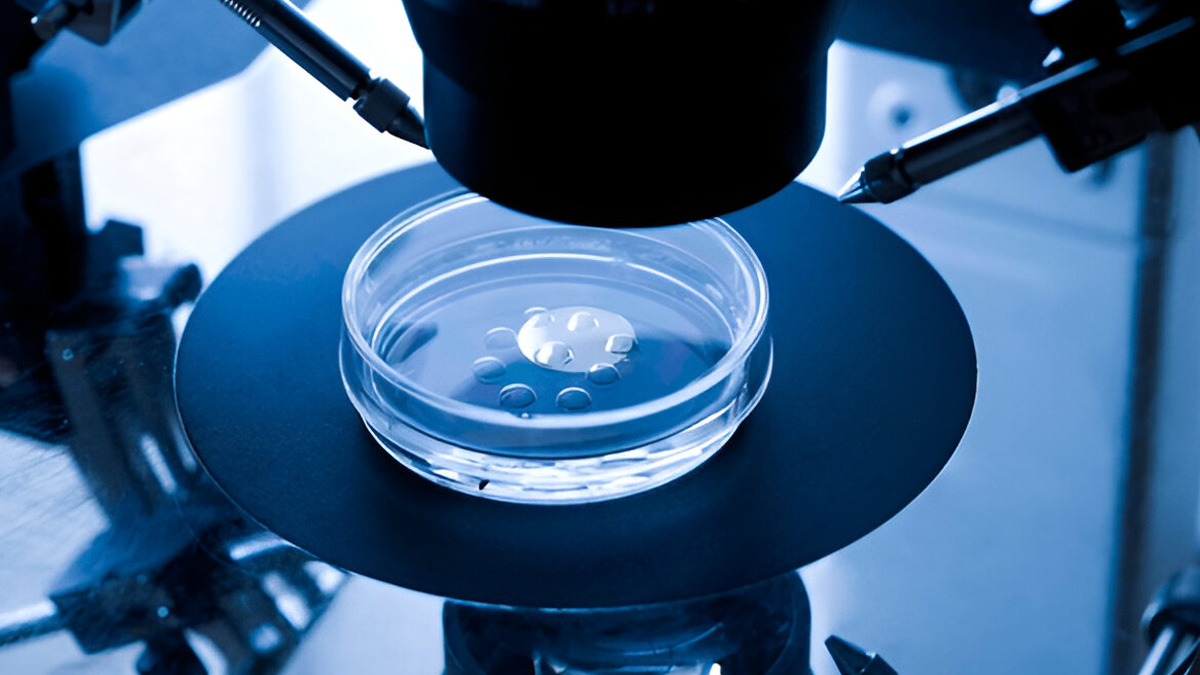
In most fertility journeys, women often go first for testing, treatment, and scrutiny. However, what is overlooked frequently is the growing evidence that shows male reproductive health is also a critical factor. Recognising the importance of male reproductive health is not about shifting blame. It is about ensuring that every couple receives timely, accurate, and compassionate care on their journey to parenthood.
Table of Content:-
On this World IVF Day, observed every year on 25th July, we spoke to Dr Kshitiz Murdia, IVF Specialist, CEO and Whole-Time Director, Indira IVF, who explained the importance of fertility screening for men.
The Cultural and Medical Gaps in Male Fertility Awareness

This imbalance involves not just data, but also awareness and culture. "Medical issues like low sperm motility, hormonal imbalances, testicular varicocele, and infections are known contributors to male infertility. However, social stigma and a lack of education about male reproductive health often delay diagnosis and treatment," explained Dr Murdia.
A rural tertiary-care study in Central India found 40–50% of couples’ infertility connected to male factor, matching national statistics. Among 3,084 men evaluated across a decade, 34% had oligozoospermia, 19% had asthenoteratozoospermia, and 10.7% had azoospermia. Despite these numbers, societal conversations and even some clinical practices continue to focus on women first, leading to delays in diagnosis and treatment for men. This societal reluctance to discuss male fertility openly creates a barrier to seeking timely medical intervention.
Meanwhile, lifestyle factors such as poor nutrition, smoking, high stress levels, sedentary behaviour, and prolonged exposure to heat or environmental toxins are increasingly recognised for their effects on sperm quality. These elements, often modifiable, underscore the importance of a holistic approach to fertility.
Also Read: The Biology Of Sperm Quality In IVF: Why Male Infertility Need No Longer Be A Blockage
Why Age Matters for Men Too

While it's commonly understood that women's fertility declines with age, the impact of age on male fertility often receives less attention. Even though men can remain fertile for a longer time, studies published in Reproductive Biology and Endocrinology show that sperm quality starts to decline steadily after the early thirties, with more significant drops after forty. "These changes might not lead to complete infertility, but they do impact natural conception rates and the success of assisted reproductive technologies like IVF and ICSI," added Dr Murdia.
How Male Fertility Is Tested
Fortunately, evaluating male fertility is neither complex nor invasive. "The first step, a semen analysis, offers insights into sperm count, motility, morphology, and volume. When results raise concerns, further assessments like hormone profiling, genetic testing, scrotal ultrasound, or DNA fragmentation tests can help identify treatable causes," said Dr Murdia.
Early detection makes a difference. Conditions like varicoceles, infections, or hormonal imbalances often respond well to medication, surgery, or lifestyle changes. For men looking to preserve fertility for later, sperm cryopreservation remains a viable, effective option.
A Couple-Centred Approach to Infertility
“More fertility clinics are now adopting a couple-centred approach, evaluating both partners simultaneously. When conception does not happen within six to twelve months, assessing both individuals from the start allows for quicker diagnosis and more effective treatment planning without reinforcing outdated gender roles,” concluded Dr Murdia.
[Disclaimer: This article contains information provided by an expert and is for informational purposes only. Hence, we advise you to consult your professional if you are dealing with any health issue to avoid complications.]
Also watch this video
How we keep this article up to date:
We work with experts and keep a close eye on the latest in health and wellness. Whenever there is a new research or helpful information, we update our articles with accurate and useful advice.
Current Version